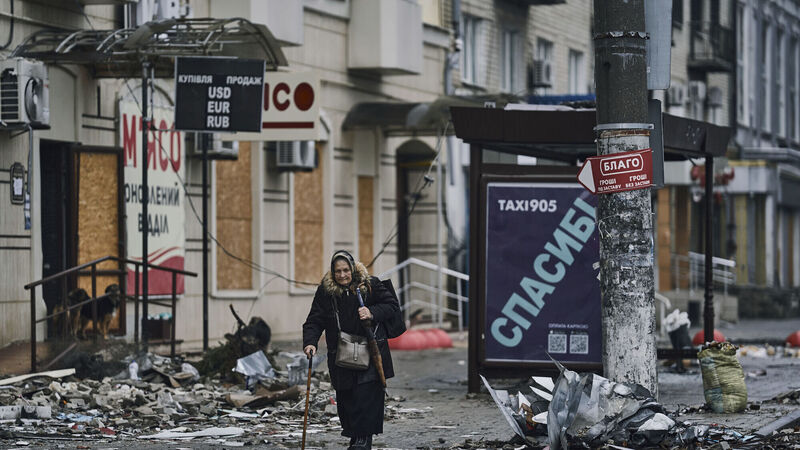Letters to the Editor: Benefits of presence of migrants in our country

A local resident walks along a street in Bakhmut, in the Donetsk region, Ukraine. There is no doubt that the EU protection directive implemented for people from Ukraine is a model for all migration polices.











